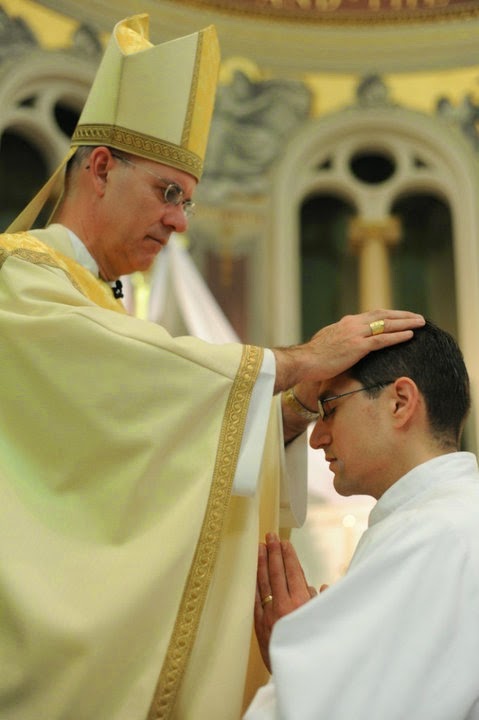As Christian disciples, we know we are not the source, and we are not the proprietors of this light. The light is “ours” only by way of a pure gift. We did not discover it or stake a claim on it for the light we have is Jesus Christ himself, as the Gospel of John chapter 1 declares: In him was life, and the life was the light of men. John the Baptist came for Testimony... He was not the light, but came to bear witness to the light.
Like John, we are witnesses to the light and we bear an even greater responsibility than John, for by virtue of the sacramental life, Jesus, the very light of the world is in our souls. God has chosen to share his light with us so that by cooperation and adoption in some sense the light becomes “yours” but it is also ours collectively, yet only God possesses it fully and essentially, and we are not manufacturers of any part of it even if he choses to manifest that light through us.
As witnesses, we are commissioned to let the light shine so fully that Christ is seen, not us, Christ is heard, not us; however, in weakness or fear, we are tempted to filter the light in part or in whole. In pride, we are tempted to taint the light with human wisdom or our own embellishments as if we could perfect it or as if we had some claim in creating it.
Saint Paul speaks about such matters in his 1st letter to the Corinthians (Ch. 2):
I resolved to know nothing while I was with you except Jesus Christ....
I came to you in weakness and fear and much trembling…
not with persuasive words of wisdom...so that your faith might rest not on human wisdom, but on the power of God.
Paul knows the light is not of human origin. It is not a light to which he can add anything; rather, it is divine, and his commission to live and preach that gospel, that light, is also divine.
Note that Saint Paul's fear and weakness were on account of the sacredness of the light and the Divine gravity his commission, but today many Christians, even bishops, avoid speaking the truth and worse avoid living it either because of the consequences which we might suffer, or because they value the adulation of the world and the rewards of compromising what the church teaches.
There is a certain appeal that comes from making it seem as though the Church doesn’t really believe what it teaches. In most cases, it’s easier to practice the corporal works of mercy mentioned in our first reading without also sharing what we believe on issues of faith and morals. If we operate in such a way, the light is not fully revealed and we fail to complete the mission entrusted to us.
On the other hand, there is a rashness among some Christians - a boldness that seems to be growing due to recent events. These Christians know they are called to be a lamp, and emboldened by another, misguided manifestation of pride, they burn others with the light instead of prudently lifting and judiciously administering the light for the needs of the individual or circumstance. We need to prudently regulate our light out of love, but we should never hide it our of fear.
Christ is the Light and we are His chosen lamps. Of course, he does not absolutely need us, but part of our dignity comes from the fact that He has chosen to employ us in this sacred task; therefore,
- if we are afraid, let us not fear the world, but let us revere the sacredness of our task,
- if we are weak let it not be from cowardice, but in knowing and embracing our limitations and dependence on God,
- if we are bold, let it not be in rash flurries of righteousness and vindication, but in the confidence that God can and will reveal his power and glory through us as he promised.
Together, with our words and actions, let us show forth the light without filters or embellishments so that others will know and give glory to our heavenly Father.
